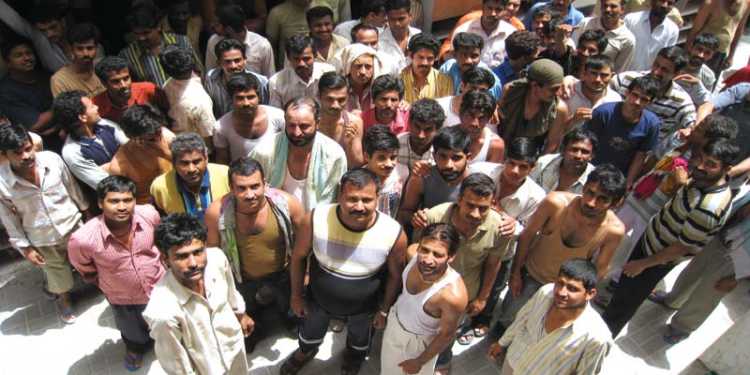The lack of skilled labour has been a regular complaint from the industrial sector in India. The previous governments made very minimal efforts in skill training, like the formation of National Skill Development Agency (NSDA), but they had not been able to fill the gap between demand and supply of skilled labour. The BJP government under the tutelage of PM Modi has been very committed to bringing about reforms in this sector since it came to power. PM Modi, who had almost a decade of experience in this field as the Chief Minister of the industrial state of Gujarat, was well aware that industrial development is not possible without bridging the skill gap.
To spur skill training activity, the Modi government formed a new Skill Development and Entrepreneurship Ministry in November 2014. The Ministry coordinates all skill development efforts across the country as well as industrial training, apprenticeship and other skill development responsibilities. Now the government is planning to bring a rights-based legislation for skill training in India, in line with those in Germany and South Korea, a move that will give legal heft to the Skill India mission. According to an official from the Skill Development Ministry, “We definitely need a law to regulate such a diversified skilling ecosystem in the country. However, we waited all this while because we wanted the system of skilling to mature a bit before it gets covered under a law, this will make skill training enforceable, which in turn will significantly improve the employability of the Indian workforce.” The Skill India mission is targeting to train more than 400 million people in different skills by 2022. About 12 million youth enter India’s workforce every year, although a large chunk of them is unemployable because of poor proficiency, which is why skill enhancement is a key thrust area for the government.
The National Skill Development Corporation, a non-profit company set up to address the need for providing skilled manpower across various industry sectors, is working on establishing India International Skill Centers (IISC) to help those looking for overseas jobs get skills training. At present, most of the workers who migrate to countries in the Middle East do low skilled or manual labor jobs. Those who want to learn new skills and move up the employment scale had to lead a very difficult life. Jayant Krishna, Executive Director and Chief Operating Officer, NSDC said “at present, most migrant workers who go abroad lead a difficult life initially, for example, if an unskilled person goes to the Middle East and wants to become a driver, for the first few months or a couple of years, he works as a cleaner and learns in his free time.” The IISCs will help these people to get an upscale job from the very beginning of their career.
Nations like Germany and South Korea have made skill training a right of each individual, which has in turn led to an abundance of skilled labour in their respective countries. They have put in place a robust infrastructure to skill-train people before they reach an employable age. This helps the people in getting jobs even when they are pursuing studies, while those who do not want to continue with studies get average jobs based on their skills. Good skill training for youth has been one of the major reasons for the sound industrial development of Germany. Small and medium-sized enterprises, also known as Mittelstand, form the backbone of the German economy. Germany is the third largest exporter in the world, and 99 percent of all German companies belong to the Mittelstand category. The Indian government is planning to make the country an export powerhouse, and skilled labor is a basic requirement for the growth of industries.
























